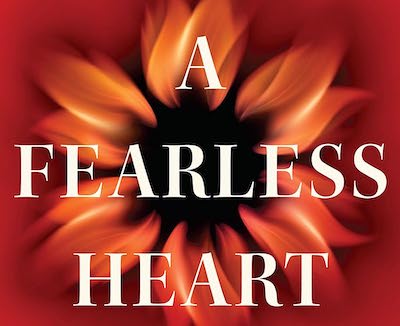A refutation of Vaisesika soteriology
Part of a series of teachings by Geshe Yeshe Thabkhe on Dharmakirti's commentary on Dignaga's Compendium on Valid Cognition. In Tibetan with English translation by Katrina Brooks, resident translator at the Deer Park Buddhist Center in Wisconsin.
- The impossibility of being free from attachment without abandoning self-grasping
- Attachment to the self cannot be abandoned merely by meditating on it as flawed
- As long as one has self-grasping one will still have attachment and aversion
- Refuting the views of Vaisesikas
- Merely meditating on evident suffering is not a path to freedom
- As long as there is a sense of self we won’t reject what is useful to the self
- Refuting relationships asserted by Vaisesikas
- The impossibility of meditating on a permanent person meditating on suffering
Geshe Yeshe Thabkhe
Geshe Yeshe Thabkhe was born in 1930 in Lhokha, Central Tibet and became a monk at the age of 13. After completing his studies at Drepung Loseling Monastery in 1969, he was awarded Geshe Lharampa, the highest degree in the Geluk School of Tibetan Buddhism. He is an emeritus professor at the Central Institute of Higher Tibetan Studies and an eminent scholar of both Madhyamaka and Indian Buddhist studies. His works include Hindi translations of The Essence of Good Explanation of Definitive and Interpretable Meanings by Lama Tsongkhapa and Kamalasila's commentary on the Rice Seedling Sutra. His own commentary, The Rice Seedling Sutra: Buddha’s Teachings on Dependent Arising, was translated into English by Joshua and Diana Cutler and published by Wisdom Publications. Geshela has facilitated many research works, such as a complete translation of Tsongkhapa’s The Great Treatise on the Stages of the Path to Enlightenment, a major project undertaken by the Tibetan Buddhist Learning Center in New Jersey where he teaches regularly.


